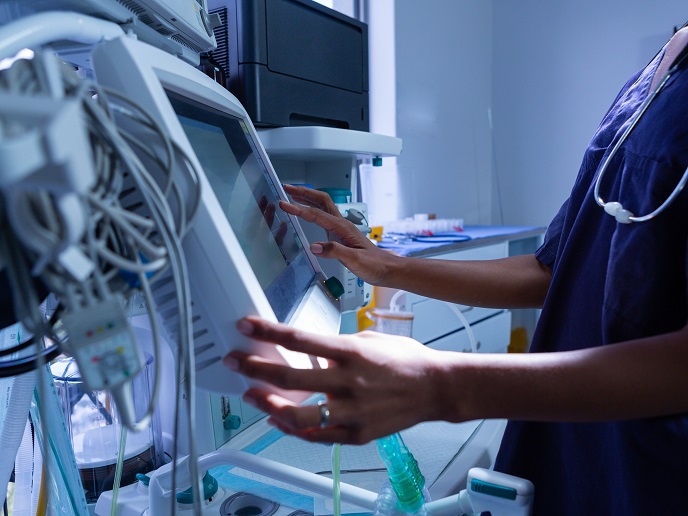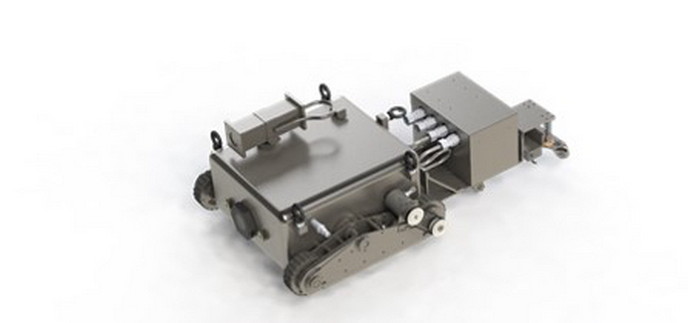A test bed for high-risk medical devices
The medical technology (MedTech) sector is highly competitive, and SMEs developing high-risk medical devices are facing increasing regulatory hurdles. To keep European SMEs at the forefront of the global MedTech innovation race, the EU-funded project TBMED (A testing bed for the development of high-risk medical devices) aims to reduce the time taken from idea to market in this sector through the creation of an Open Innovation Test Bed (OITB), named 'go.Med'. “'go.Med' will bring together a technical multidisciplinary team, outstanding facilities and consulting specialists covering the whole value chain from lab to clinical trials to develop cost-effective and safe next-generation medical devices to hasten the uptake in the highly regulated European market,” explains Iraida Loinaz, director of the CIDETEC Institute for Nanomedicine and TBMED project coordinator. Ultimately, this will ensure and improve the quality of life of patients by easing their access to next-generation medical devices.
Developing a hybrid innovation support network
The 'go.Med' platform will be a physical test bed of connected laboratories supported by an online platform developed to facilitate interactions between customers, service providers and 'go.Med' members. The 'go.Med' test bed offers all the technical services required to go from proof of concept in the lab to clinical trials, including design and manufacturing optimisation, quality control, design of the scaling-up process, and monitoring of safety and efficacy in laboratory in vitro testing. The platform also provides support services such as regulatory strategy, health technology assessment (HTA), business advice and assistance in sourcing funding. “All these services are united under our methodology, which allows us to minimise risks by identifying critical points in an early stage of development,” Loinaz remarks.
Positive feedback from early users
The 'go.Med' test bed is currently operating, though still not at commercial level yet. The team has worked with three use cases from the project, and also issued two open calls, resulting in four new clients. “One of these has just finalised their clinical trials successfully, so we are very proud to have helped them to advance in their development and be one step closer to the market,” says Loinaz. “In general, I think users are quite happy with the service and think that we have helped them greatly.” Initial test cases involving AJL Ophthalmic, Cyber Surgery and the University of Zaragoza all provided positive reviews, stating that their development process became easier, cheaper and faster. “Thanks to 'go.Med' and the quality by design approach, our product development process was much smoother,” notes Raluca Fratila, senior researcher at the University of Zaragoza. “Discussing possible indications with clinicians first-hand was essential,” she adds.
Creating a cooperative legacy
Loinaz says she is most proud of the fact that different entities such as universities, technology centres, healthcare systems and private companies can work together in a unified way to offer a service to SMEs and help them further develop their products. “At the end of TBMED, technically challenging case studies are closer to the market due to this multidisciplinary approach that has involved experts in chemistry, biology, statistical analysis, medicine, and animal models,” she adds. The TBMED team is now finalising their sustainability plan and are in conversations with other test beds to check for possibilities of joining forces to become a stronger OITB. “We hope to be live in no time,” Loinaz says.
Keywords
TBMED, hybrid, medical, device, innovation, support, network, testing, regulatory







